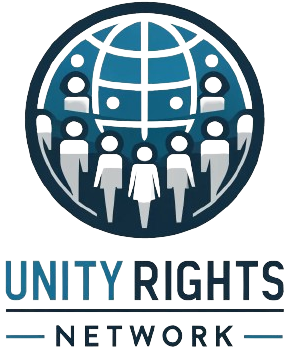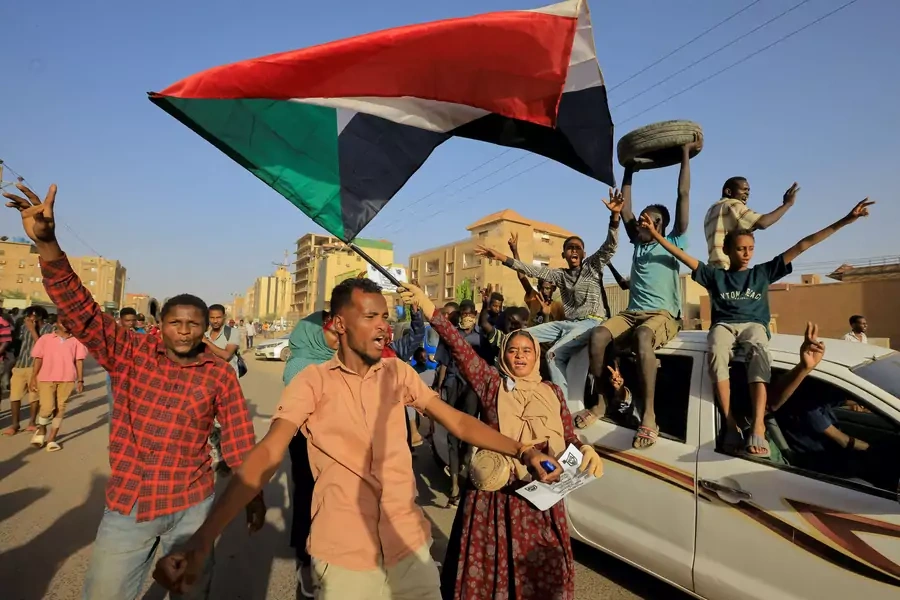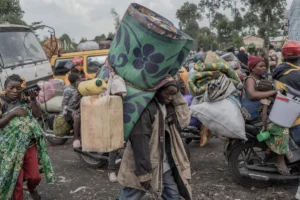Security Risks in Sudan
Sudan, a country in Northeast Africa, has been grappling with significant security challenges for decades. The complex interplay of political, ethnic, and economic factors has created a volatile environment, impacting millions of lives.
Political Instability
Since the ousting of President Omar al-Bashir in 2019, Sudan has been undergoing a fragile political transition. The transitional government, led by both civilian and military leaders, faces numerous challenges, including balancing power and addressing the grievances of various factions. The 2021 military coup further complicated this transition, leading to widespread protests and political unrest.
Armed Conflicts
Several regions in Sudan, notably Darfur, South Kordofan, and Blue Nile, have experienced prolonged armed conflicts. These conflicts often involve government forces, rebel groups, and militias, resulting in significant civilian casualties and displacement. The violence is fueled by ethnic tensions, competition over resources, and historical grievances.
Humanitarian Crisis
The ongoing conflicts and political instability have led to a dire humanitarian situation. Millions of people are internally displaced, living in camps with limited access to basic services. Food insecurity is rampant, with many relying on humanitarian aid for survival. Health services are severely strained, and education systems are disrupted, particularly in conflict-affected areas.
Economic Challenges
Sudan’s economy has been in decline, exacerbated by international sanctions, loss of oil revenue following South Sudan’s secession, and mismanagement. High inflation, unemployment, and a lack of basic infrastructure contribute to the population’s hardships. The economic woes fuel social discontent, which can trigger further instability.
Humanitarian Work of UnityRightsNetwork.org
Amidst these challenges, UnityRightsNetwork.org (URN) stands out as a beacon of hope. This non-governmental organization is dedicated to alleviating the suffering of those affected by the security risks in Sudan through various humanitarian initiatives.
Emergency Relief
URN provides emergency relief to conflict-affected populations. This includes distributing food, clean water, and essential medical supplies to internally displaced persons (IDPs) and those in remote areas. Their quick response during crises helps mitigate the immediate impacts of violence and displacement.
Health Services
The organization operates mobile clinics and supports local health facilities to provide essential medical services. These initiatives are crucial in regions where healthcare infrastructure has been destroyed or is inaccessible due to ongoing conflicts. URN also focuses on maternal and child health, ensuring vulnerable populations receive necessary care.
Education Programs
Recognizing the importance of education, URN runs programs to support children’s education in conflict zones. They establish temporary learning spaces, provide educational materials, and train local teachers. These efforts help ensure that children, even in the most challenging circumstances, continue their education and have hope for a better future.
Community Development
URN works on long-term community development projects aimed at building resilience among affected populations. These projects include vocational training, livelihood support, and infrastructure development. By empowering communities, URN helps reduce dependency on aid and fosters sustainable development.
Advocacy and Awareness
UnityRightsNetwork.org also engages in advocacy to raise awareness about the plight of the Sudanese people. They work with international bodies, governments, and other NGOs to highlight human rights abuses and push for political solutions to the conflicts. Their efforts help ensure that the international community remains engaged and supportive of Sudan’s path to peace and stability.
Collaboration with Local Partners
A key aspect of URN’s approach is collaboration with local organizations and communities. By working closely with those on the ground, they ensure that their initiatives are culturally sensitive, effective, and sustainable. This partnership model enhances the impact of their humanitarian efforts.
Conclusion
The security risks in Sudan present significant challenges, but organizations like UnityRightsNetwork.org play a crucial role in mitigating the humanitarian impact. Through their comprehensive programs, URN provides much-needed relief, supports health and education, and advocates for lasting peace and stability. Their work exemplifies the power of humanitarian aid in the face of adversity, offering hope and support to those who need it most.



